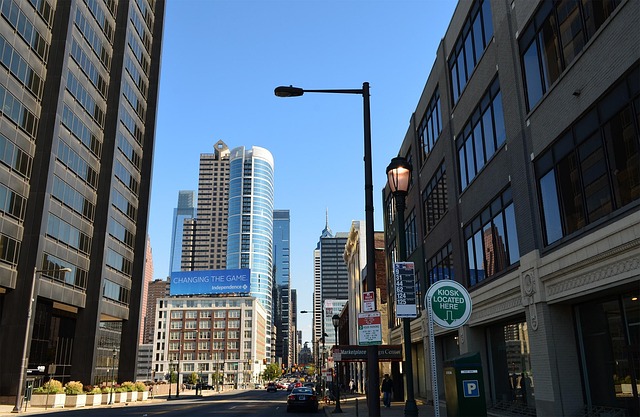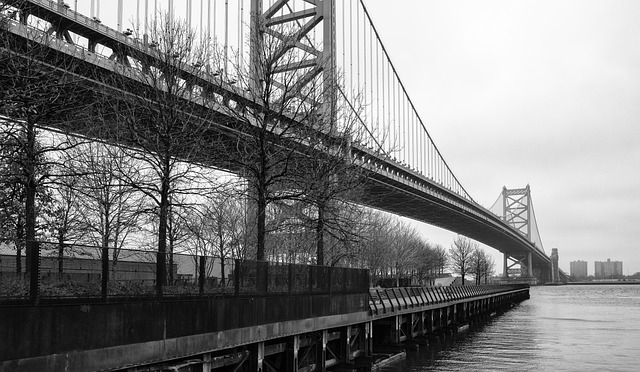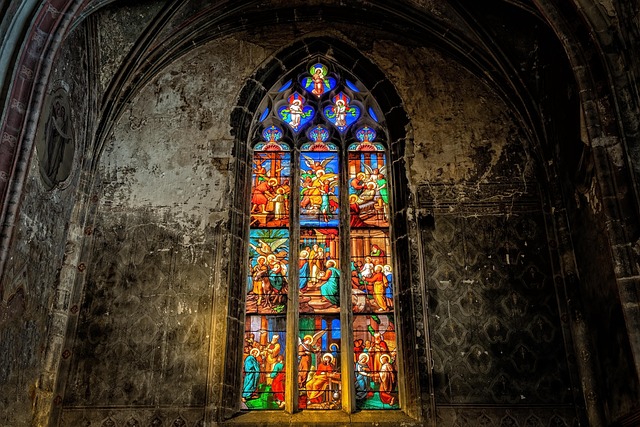In Pennsylvania, particularly Philadelphia, clergy sexual assault cases are governed by specialized legal frameworks and state's Criminal Code with specific offenses for clergy members. A clergy abuse law firm in Philadelphia PA is invaluable for victims seeking justice, offering expert testimony, thorough investigations, and multifaceted legal recourse. Support services assist survivors emotionally and legally while a reputable firm provides specialized strategies to protect rights, guide towards justice, and facilitate healing.
In Philadelphia, PA, addressing clerical sexual assault cases requires a nuanced understanding of local laws and robust legal strategies. This article guides victims and advocates through the complex landscape of Pennsylvania’s clerical sexual assault statutes, offering insights into building compelling cases. We explore evidence collection, legal recourse options, and the crucial support services available for survivors in Philadelphia. For those seeking representation, establishing a partnership with a dedicated clergy abuse law firm in Philadelphia PA is essential to navigating this challenging yet vital process.
Understanding Clerical Sexual Assault Laws in Pennsylvania

In Pennsylvania, clergy sexual assault cases are governed by a unique set of laws that specifically address sexual misconduct within religious organizations. The state has implemented robust legal frameworks to protect victims and hold accountable those who commit such crimes. Understanding these laws is crucial for anyone seeking justice in Philadelphia, where a dedicated clergy abuse law firm can provide invaluable guidance.
The Pennsylvania Criminal Code outlines various offenses related to sexual assault, including offences specific to clergy members. These laws recognize the unique power dynamics within religious contexts and aim to protect individuals who may be vulnerable due to their faith or youth. A successful legal strategy in these cases often involves thorough investigations, expert testimony, and a deep understanding of both state and church regulations pertaining to clerical conduct.
Building a Strong Case: Evidence and Legal Recourse
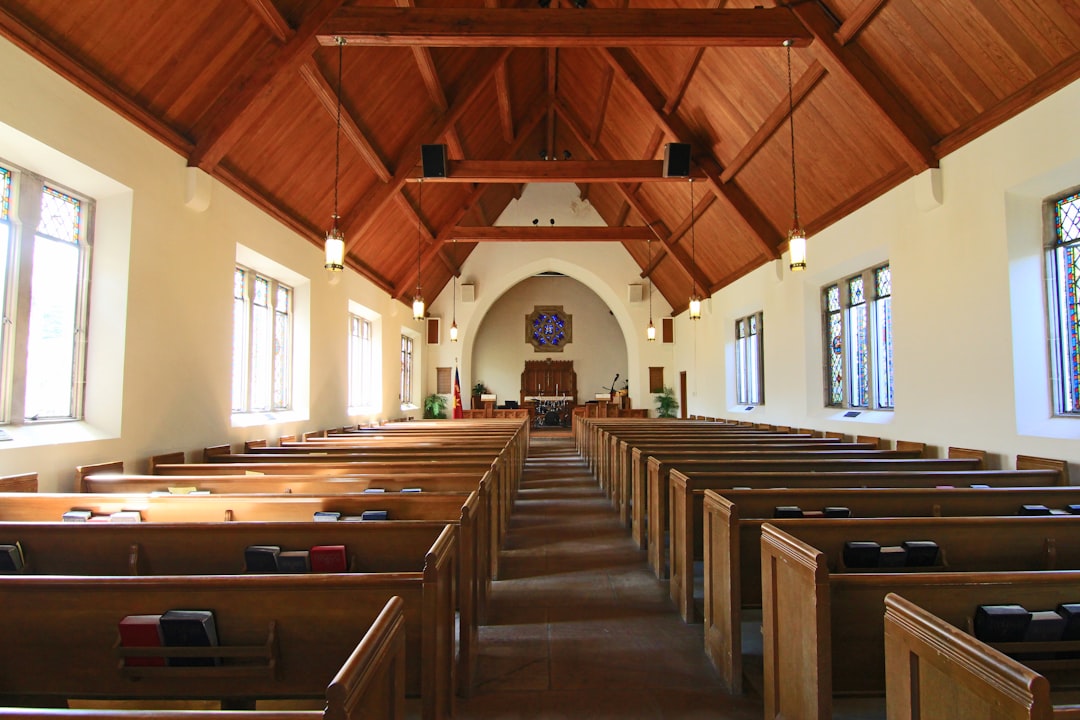
Building a strong case in clergy sexual assault cases requires meticulous attention to detail and a comprehensive understanding of the legal system. At a reputable clergy abuse law firm in Philadelphia, PA, lawyers specializing in these matters are equipped to navigate complex legal landscapes. They emphasize the importance of gathering robust evidence, including medical records, witness statements, and any available documentation related to the incident(s). This process involves thoroughly investigating the allegations, identifying potential witnesses, and preserving digital or physical proof that can corroborate the victim’s experiences.
Legal recourse in such cases is multifaceted. Skilled attorneys will guide victims through various legal avenues, ensuring their rights are protected. This may include filing civil lawsuits against the offending clergy members or institutions, seeking criminal charges where applicable, and advocating for supportive policies and procedures within religious organizations to prevent future instances of abuse. A well-prepared case, bolstered by solid evidence, significantly enhances the chances of achieving justice and holding accountable those responsible for clergy sexual assault.
Supportive Services for Victims of Clerical Abuse in Philadelphia PA
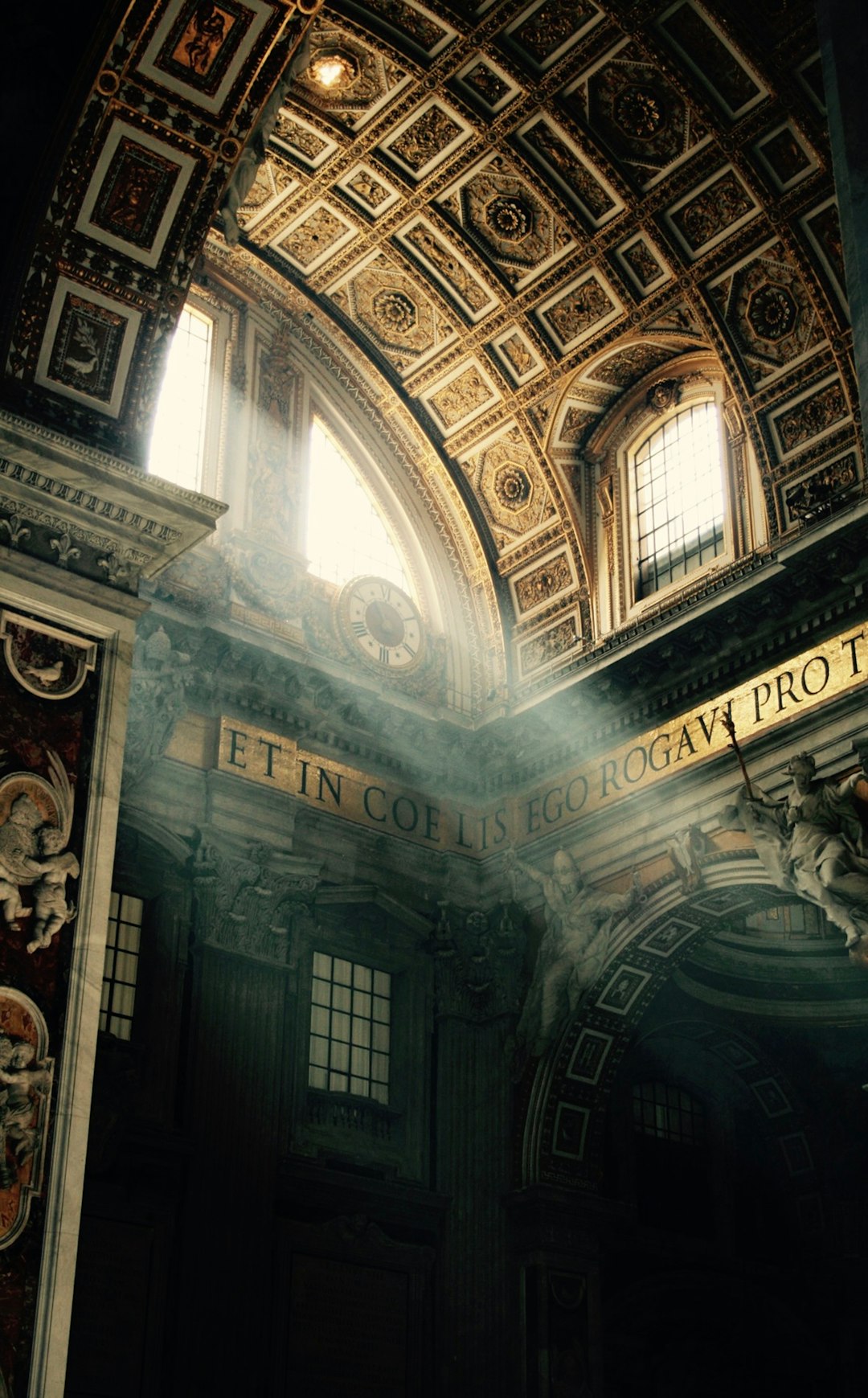
In Philadelphia, victims of clerical abuse can find support through various services dedicated to assisting those who have experienced sexual assault within religious institutions. Many organizations offer confidential counseling, legal aid, and advocacy specifically tailored for these sensitive cases. These services are crucial in helping survivors navigate the emotional and legal complexities that often arise in clergy abuse situations.
A reputable clergy abuse law firm in Philadelphia PA plays a vital role in this support system. They provide specialized legal strategies to ensure victims’ rights are protected and offer guidance on seeking justice and closure. With their expertise, survivors can take confident steps towards healing and hold accountable those who have committed such offenses within the religious community.
